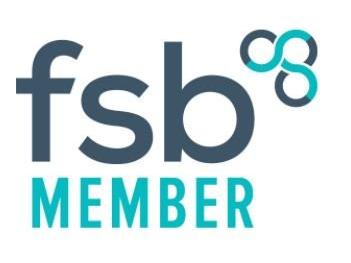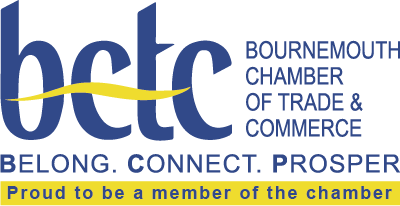How to Choose the Right Social Media Platforms for Your Business
A guide for social media marketers!

In today's digital age, social media has become an essential part of any business's marketing strategy. With over 3.8 billion active social media users worldwide, it's crucial to have a strong presence on the right platforms to reach your target audience and achieve your marketing goals. However, with so many social media platforms available, it can be overwhelming to decide which ones are best for your business. In this blog post, we'll provide you with a guide to choosing the right social media platforms for your business.
Define Your Target Audience
The first step in choosing the right social media platforms is to define your target audience. Who are you trying to reach with your marketing efforts? What are their interests, behaviours, and demographics? Understanding your target audience will help you identify the social media platforms they use and tailor your content to their preferences.
Research Social Media Platforms
Once you have a clear understanding of your target audience, it's time to research the different social media platforms available. Each platform has its own unique features, audience, and content formats, making them better suited for certain types of businesses and content. Here are some of the most popular social media platforms and their target audiences:
Facebook: With over 2.7 billion monthly active users, Facebook is the largest social media platform. It's suitable for businesses targeting a broad audience, including B2C and B2B. It's an excellent platform for sharing visual content, hosting events, and building a community.
Instagram: Instagram has over 1 billion monthly active users, with a younger demographic of under 35s. It's suitable for businesses that have a strong visual brand and want to showcase their products or services through images and videos.
Twitter: Twitter has over 330 million monthly active users, with a predominantly younger audience. It's suitable for businesses that want to engage with their audience in real-time and share news or updates regularly.
LinkedIn: With over 722 million members, LinkedIn is the largest professional networking platform. It's suitable for B2B businesses and those looking to establish themselves as thought leaders in their industry.

Consider Your Content Strategy
The type of content you create and share on social media should align with your overall marketing strategy. Different social media platforms support different content formats, so it's essential to consider your content strategy when choosing which platforms to use. For example, if you plan to create and share a lot of video content, YouTube and Instagram may be better suited for your business than Twitter or LinkedIn.
Assess Your Marketing Resources
It's important to consider your resources, including time, budget, and staffing, when choosing which social media platforms to use. Maintaining a strong presence on multiple platforms can be time-consuming and resource-intensive, so it's better to focus on a few platforms that you can manage effectively rather than spreading yourself too thin.
Monitor and Measure Your Results
Once you've chosen your social media platforms, it's important to monitor and measure your results regularly. Use analytics tools to track your engagement, reach, and conversions to determine which platforms are driving the most value for your business. This will help you refine your social media strategy over time and ensure that you're getting the most out of your investment.
Conclusion
In conclusion, choosing the right social media platforms is essential for any business looking to build a strong online presence and reach its target audience effectively. If you're looking for expert guidance on choosing the right social media platforms for your business, get in touch with us at Overt Digital. Our team of digital marketing professionals can help you develop a tailored social media strategy that aligns with your business goals and engages your target audience. Contact us today to schedule a consultation.
About Overt Digital Media
Overt Digital Media are a digital marketing agency specialising in helping small and medium sized es companies grow their businesses. Based in Christchurch on the outskirts of Bournemouth we work with companies throughout the UK, but with a particular focus on the South Coast, particularly Bournemouth, Southampton and Portsmouth.
As well as building modern websites that use artificial intelligence to convert more leads and sales, we also provide affordable search engine optimisation services to ensure our customers are at the top of Google.
In addition, we also provide effective social media marketing services to help our customers reach more people and build brand awareness.
Contact A digital marketing expert today
We will get back to you as soon as possible.
Please try again later.




QUICK LINKS
OUR SERVICES
VAT Registration Number GB 455758354
Company number 12460236
All Rights Reserved | Overt Digital Media










